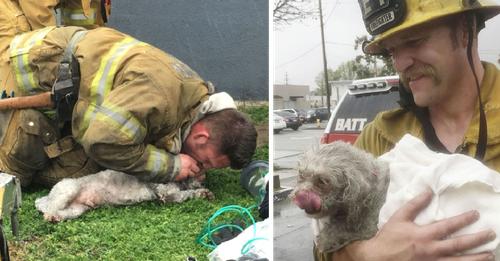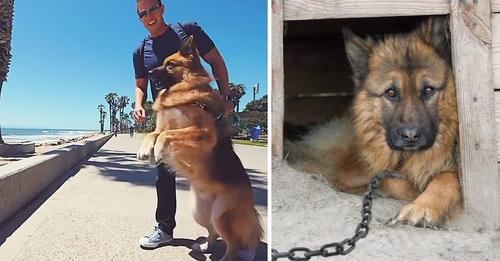When your birthday rolls around, you expect to be showered with well-wishes and surrounded by a festive atmosphere. However, sometimes life throws unexpected moments of introspection into the mix. While it can be disappointing not to receive birthday greetings, it can also be a chance to appreciate the simple pleasures, enjoy some alone time, and reflect on personal growth. Birthdays are an opportunity not just to celebrate with loved ones, but also to acknowledge ourselves, our life experiences, and the wisdom we have gained along the way. So, let’s toast to embracing the unnoticed joys of our unique journeys and finding happiness in moments of self-reflection. Cheers to another year! 🎉🎂
Don’t forget to send birthday wishes to the dog too! 🎂
Check out these helpful tips for taking care of your canine companion:
1. Watch their weight: Make sure you’re not overfeeding your dog to avoid health issues like obesity and joint problems. Stick to the recommended feeding guidelines provided by experts to keep them healthy.
2. Pay attention to their appetite: Changes in your dog’s eating habits could be a sign of an underlying health problem. If they suddenly lose interest in food or start eating more than usual, consult your vet for advice.
3. Keep them mentally stimulated: Just like us, dogs need mental exercise too. Use puzzles, toys, and training sessions to keep their minds sharp and prevent them from getting bored and overeating.
4. Consider their breed and size: Different dogs have different nutritional needs. Large breeds may need special diets for joint health, while small dogs might benefit from smaller kibble sizes to avoid choking.
5. Say no to table scraps: While it may be tempting to share your food with your furry friend, some human foods can be harmful or even toxic to dogs. Stick to dog-friendly treats to keep them healthy.
6. Use positive reinforcement: Encourage good eating habits by praising and rewarding your dog when they eat well and behave around food.
7. Opt for homemade meals: If you prefer to prepare your dog’s meals yourself, consult a veterinary nutritionist to ensure they’re getting all the nutrients they need.
8. Read the labels: When choosing commercial dog food, always check the ingredients and nutritional content. Look for high-quality protein sources and avoid foods with artificial additives.
9. Consider their age: A puppy’s nutritional needs are different from those of a senior dog. Make sure you’re feeding them the right formula for their life stage.
10. Keep them safe: Don’t let your dog roam freely to prevent them from ingesting harmful substances. Keep them on a leash or in a fenced area when outside.
11. Adjust their diet to their activity level: Dogs with high energy levels need more calories, while less active dogs should eat less to avoid gaining weight. Make sure their diet matches their level of physical activity.




